Duration
2Night/3DaysTrek Difficulty
EasyHighest Altitude
3450mtBest Time
March to June and Sep to OctPrice
6500/-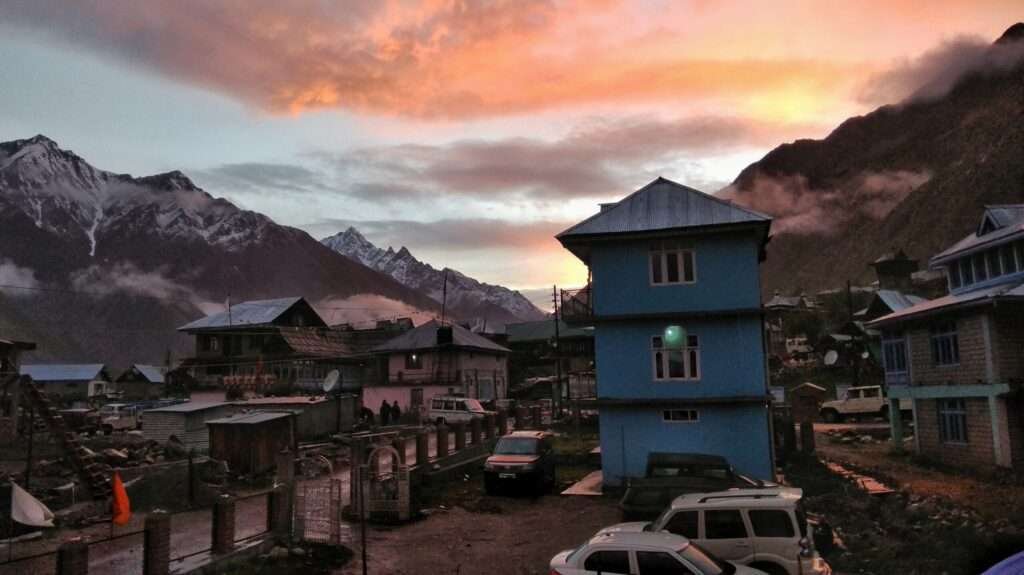
Himachal Pradesh
CHITKUL
Details
Delhi to Sangla to Chitkul
Journey Begins: Start early from Delhi and embark on a long but scenic drive to Sangla, a beautiful town in the Baspa Valley of Kinnaur district, Himachal Pradesh. The journey offers breathtaking views of the mountains and valleys, typical of the Himalayan terrain.
Arrival at Sangla: Depending on the time of arrival in Sangla, take a short break to refresh and possibly explore the surroundings. Sangla is known for its picturesque landscapes and apple orchards.
Continue to Chitkul: From Sangla, head towards Chitkul, the last inhabited village near the Indo-Tibet border. Chitkul is about 20-25 km from Sangla and offers pristine natural beauty and serene surroundings.
Evening in Chitkul: Spend the evening exploring the quaint village of Chitkul. Walk along the Baspa River, visit the local temple, and enjoy the panoramic views of the mountains. Overnight stay in Chitkul.
Explore Chitkul
Local Exploration: Dedicate the day to exploring Chitkul and its environs. Start with a visit to the Chitkul Mata Temple, a symbol of the village's spiritual beliefs. Enjoy the tranquil atmosphere and the stunning backdrop of snow-capped peaks.
Nature Walks: Take leisurely walks or short hikes around Chitkul to appreciate its natural beauty fully. The landscapes here are perfect for photography, with wooden houses, green fields, and the river adding to the charm.
Relax by the Baspa River: Spend some time by the Baspa River, known for its clear waters and pebbly shores. It's an ideal spot for meditation, reading, or simply soaking in the peaceful vibe of the place.
Interact with Locals: Engage with the local inhabitants to learn more about their lifestyle and culture. The people of Chitkul are known for their warmth and hospitality.
Stargazing: Chitkul's remote location makes it an excellent place for stargazing. Enjoy the clear night skies adorned with countless stars, providing a tranquil end to the day.
Chitkul to Delhi
Return to Delhi: After breakfast, begin your journey back to Delhi. The return trip is an opportunity to reminisce about the serene and untouched beauty of Chitkul and the memorable moments spent there.
Arrive in Delhi: Conclude your trip as you arrive in Delhi by late evening or night, depending on the start time and breaks taken during the journey back.
Terms and Conditions
- Carry valid id card i.e. Aadhar Card/Passport/Driving Licence.
- Modification or Amendment is accepted in compliance with the cancellation policy. Any changes in tax must be paid by the guest.
- Any changes in tax must be paid by the guest.
- Hike2Heaven reserves the right to cancel the booking if the balance amount is not paid at the time of arrival.
- Guaranteed bookings are those for which the full and final payments have been received before start of Trek.
- 30% of the payment must be done at the time of booking.
- The remaining 70% of the payment must be cleared before arrival as it is required to arrange stay, food, and other equipment for the trek.
- Full payment must be made in advance to confirm bookings and can be done in Cash/UPI/Bank account only.
- Personal cheques and post-dated cheques are not acceptable.
- Payments can be deposited using bank details, online payment, Gpay, Phonepe, Paytm.
- A scan or fax copy of the bank-stamped deposit Pay-in slip or a screenshot of the transaction is required for online transfers.
Cancellation Policy
| Number of Days prior to Trek | Cancellation Charges applicable |
| 30 Days before | 10% |
| 8-29 Days before | 30% |
| 7 Days before/ No show | No refund |
Note: - Contact us in case of change of dates/trek
Trek Cost Inclusion
- Accommodation: - Stay is included on all days of the trek. In tents/guest house double/triple sharing only. Guesthouse stay will be at base of Trek and on other days you will be staying in tents.
- Meals: - Meals are simple, nutritious, and vegetarian.
Day Meal included Day-1 of base camp arrival Dinner & Breakfast next morning Next Days on Trek Breakfast, Packed lunch & Dinner Final Day at Base camp for Departure Dinner & Breakfast next morning - Non-veg meals are not served.
- Trek Equipment: - All the trek equipment will be included like a sleeping bag, Camping Tent, kitchen tent, utensils, mattress, tent, toilet tent, and crampon (if needed).
- Transportation: - Transportation charges are included if opted for.
- First aid medical kits.
- All the needed forest entry fees along with permits.
- Your trek will be led by a trained, experienced professional guides and trek leaders with a solid guiding background, trekking experience, and a passion for leading people into breathtaking terrains.
Trek Cost Exclusion
- All kinds of personal expenditures are excluded.
- Anything that we have not mentioned above.
- The trek cost is not inclusive of meals bought during the journey on 1st day and last day. (Food starts from dinner at base camp on day first till last day morning breakfast).
- Mules or porter charges to carry private baggage.
- Any kind of emergency evacuation charges.
Packing List
Things you must take on the trek
- DOCUMENTS REQUIRED
- VITAL GEAR KIT
- PERSONAL MEDICAL/HEALTH KIT
1.DOCUMENTS REQUIRED: -
To ensure a smooth and hassle-free trekking experience with Hike2Heaven, make sure you have the following documents ready. These documents are required by both Hike2Heaven and the forest department, and without them, you will not be permitted to trek.
1.Government Photo Identity Card: Carry the original and a photocopy of a government- issued photo identity card. This can include a driver’s license, Aadhar Card, or passport. The forest department requires this for identification purposes.
2. Disclaimer Certificate: The disclaimer certificate consists of two sections:
•Personal Medical Record if anyDuring registration at the base camp, hand it over to your Trek Leader.
Pro Tips:. Safeguard your important documents by placing them in a clear plastic cover and sliding them into the inner pocket at the back of your backpack. This precaution prevents them from getting wet and ensures their safety throughout the trek.
Having these documents in order ensures a smooth check-in process and allows you to focus on the adventure that lies ahead. Trek safely and enjoy your journey with Hike2Heaven!
2. VITAL GEAR KIT: -
Before making any gear purchases, consider inquiring at Hike2Heaven for custom-made, high- quality gear available at just 5% of the buying cost. Rent trekking essentials like shoes, backpacks, padded jackets, trekking poles, rainwear, and headlamps for less than Rs 1400 for the entire duration of your trek.
-
Here's a comprehensive list of everything you need for your trek:
- Trekking shoes with ankle support
- Backpack with rain cover
- Daypack for the summit day (10-15 L)
- 1 woollen sweater
- 1 fleece
- 1 padded jacket
- 1 woollen sweater
- 2 fleeces
- 1 padded jacket
- 1 pair of thermals
- 1 woollen sweater
- 2 fleeces
- 1 padded jacket
- Sunglasses
- Sun cap with flaps
- Waterproof gloves
- Balaclava
- Socks (2 pairs of Dry fit + 1 pair of Woollen)
- Headlamp
- Trekking pole
- Rain jacket + pants / poncho
- Sunscreen
- Moisturiser
- Light towel
- Lip balm or Vaseline
- Toilet paper
- Toothbrush
- Toothpaste
- Reusable plastic covers (for used clothes)
- Steel lunch box, spoon, and mug
- Two water bottles or Hydration Pack **Our top tip: Keep your backpack light. Hike2Heaven promotes low-impact sustainable trekking, and carrying your own backpack reduces your impact on the mountains by 20%. We encourage all trekkers to carry their own backpacks unless they have a justifiable reason not to. Trek responsibly and enjoy your adventure!
1. Shoes and Backpack:
2. Warm Layers and Clothes:
Spring, Summer, and Monsoon Treks (3 layers):
Autumn Treks (4 layers):
Winter Treks (5 layers):
3. 3 collared T-shirts (Wear one, carry two)
4. 2 quick-dry trek pants (Wear one, carry one)
5. Accessories:
6. Toiletries:
7. Cutlery:
3.PERSONAL MEDICAL/HEALTH KIT: -
Ensure you carry these medicines with you, easily accessible always. Remember not to take any medicine unless you have consulted your trek leader.
1. Diamox (1 Strip): An essential part of Live Saving Drugs, Diamox helps reduce the chances of Acute Mountain Sickness on the trek.
2. Dolo 650 (5 tablets): A paracetamol that tackles fever and mild pain.
3. Avomine (4 tablets): If you are prone to motion sickness, carry Avomine. Take one-half hour before the start of your road journey.
4. Combiflam (5 tablets): Useful for sudden twists or muscle strains. Combiflam is a pain reliever containing paracetamol.
5. Digene (4 tablets): Take it if you feel the food, you've consumed is undigested. Alert your trek leader immediately, as it could be a sign of AMS.
6. ORS (6 packs): Consume an ORS pack at least once a day, usually mid-day during your trek. It replenishes essential salts lost while trekking. Tip: It also makes cold water easier to drink.
7. Knee Brace (optional): Carry this if you are prone to knee injury or have known issues of knee pain.
Our trek leaders carry a high-altitude medical kit, including Life Saving Drugs, and are trained to handle emergencies. Contact your trek leader before consuming any of these medicines.






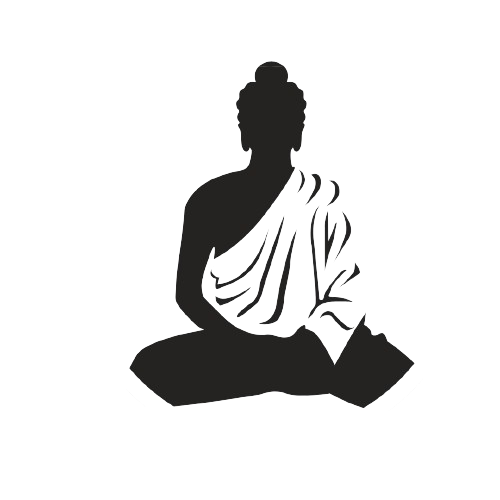

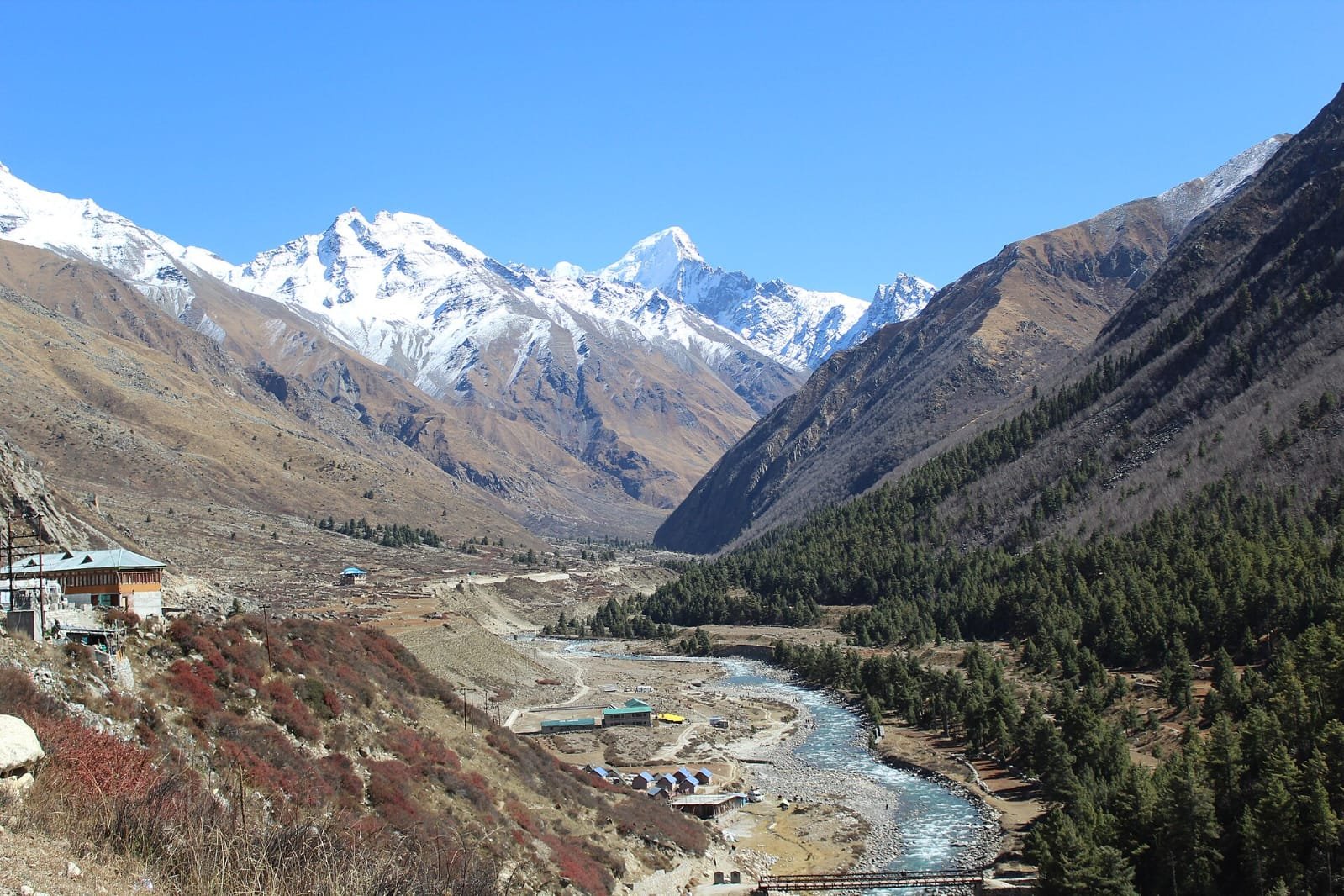
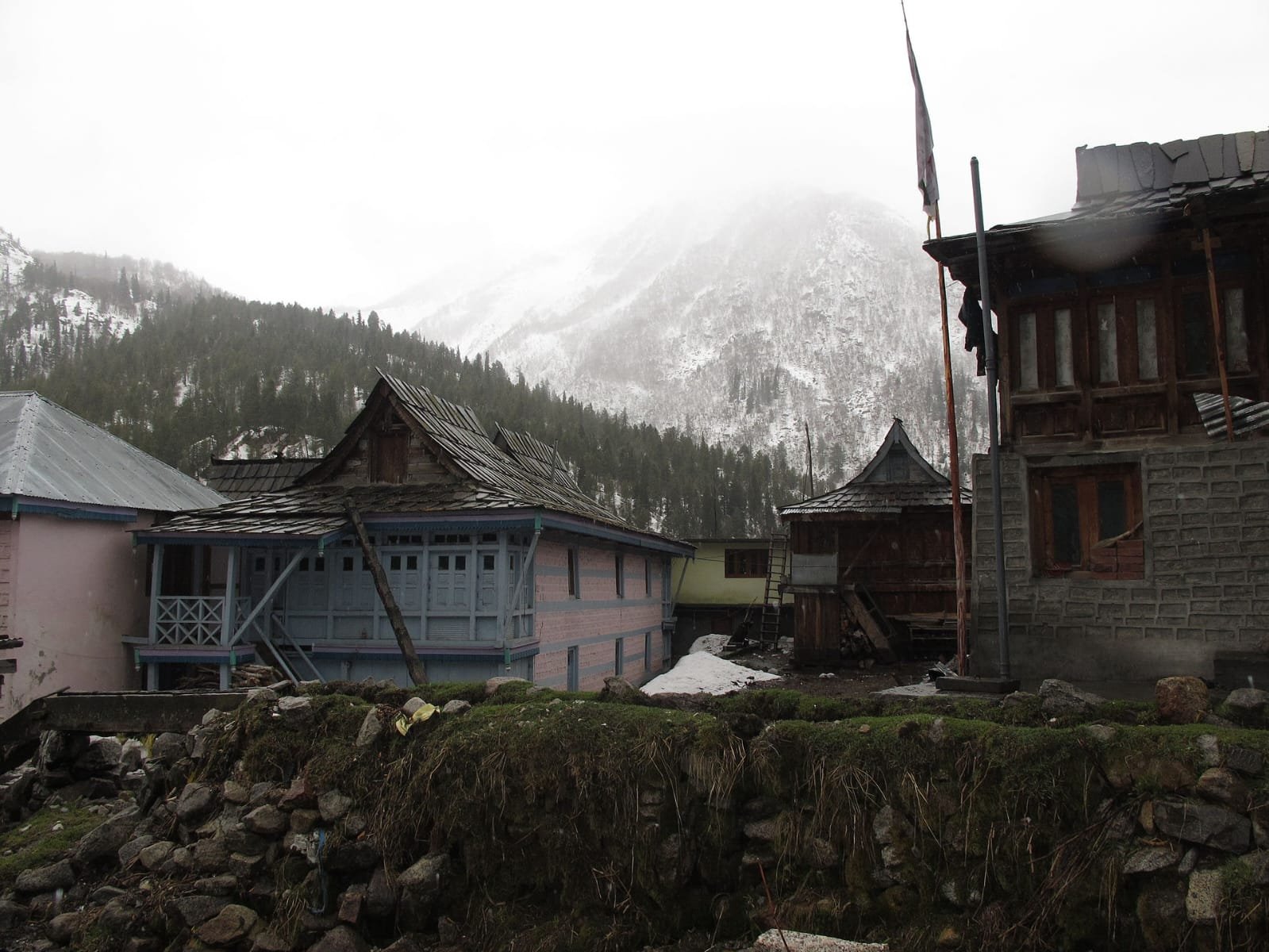
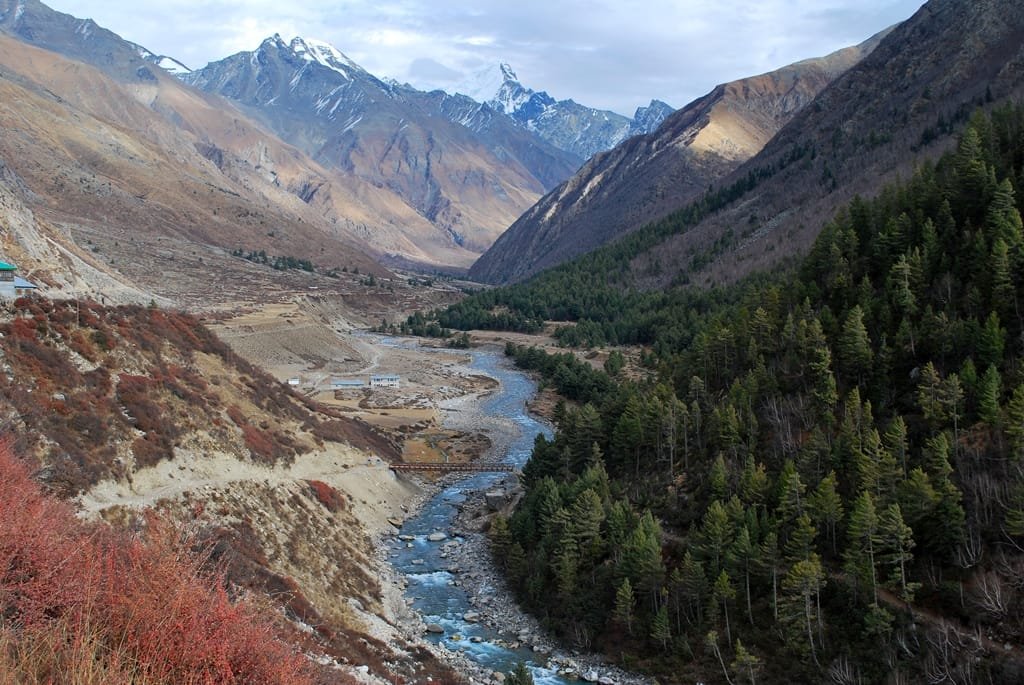
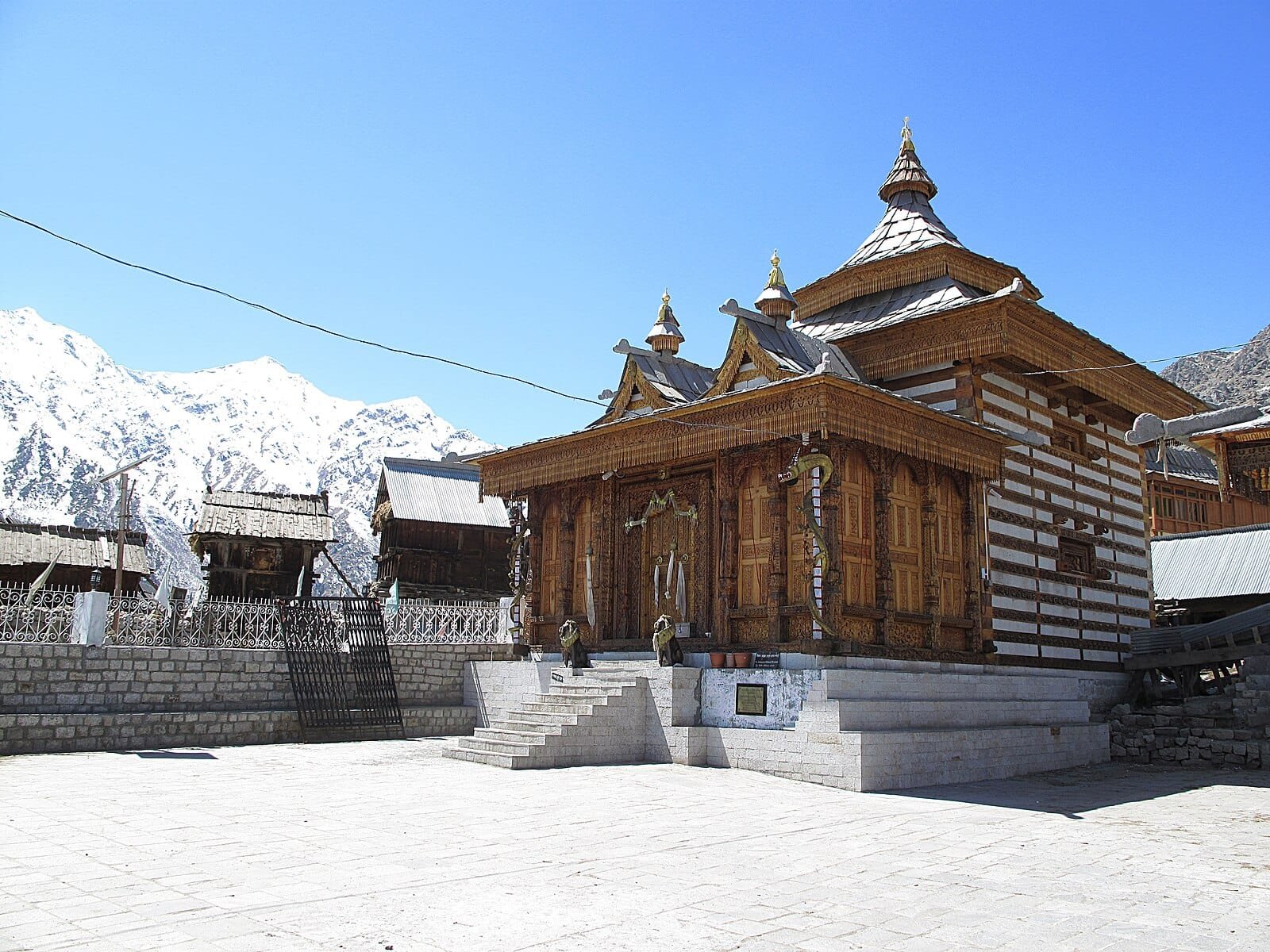
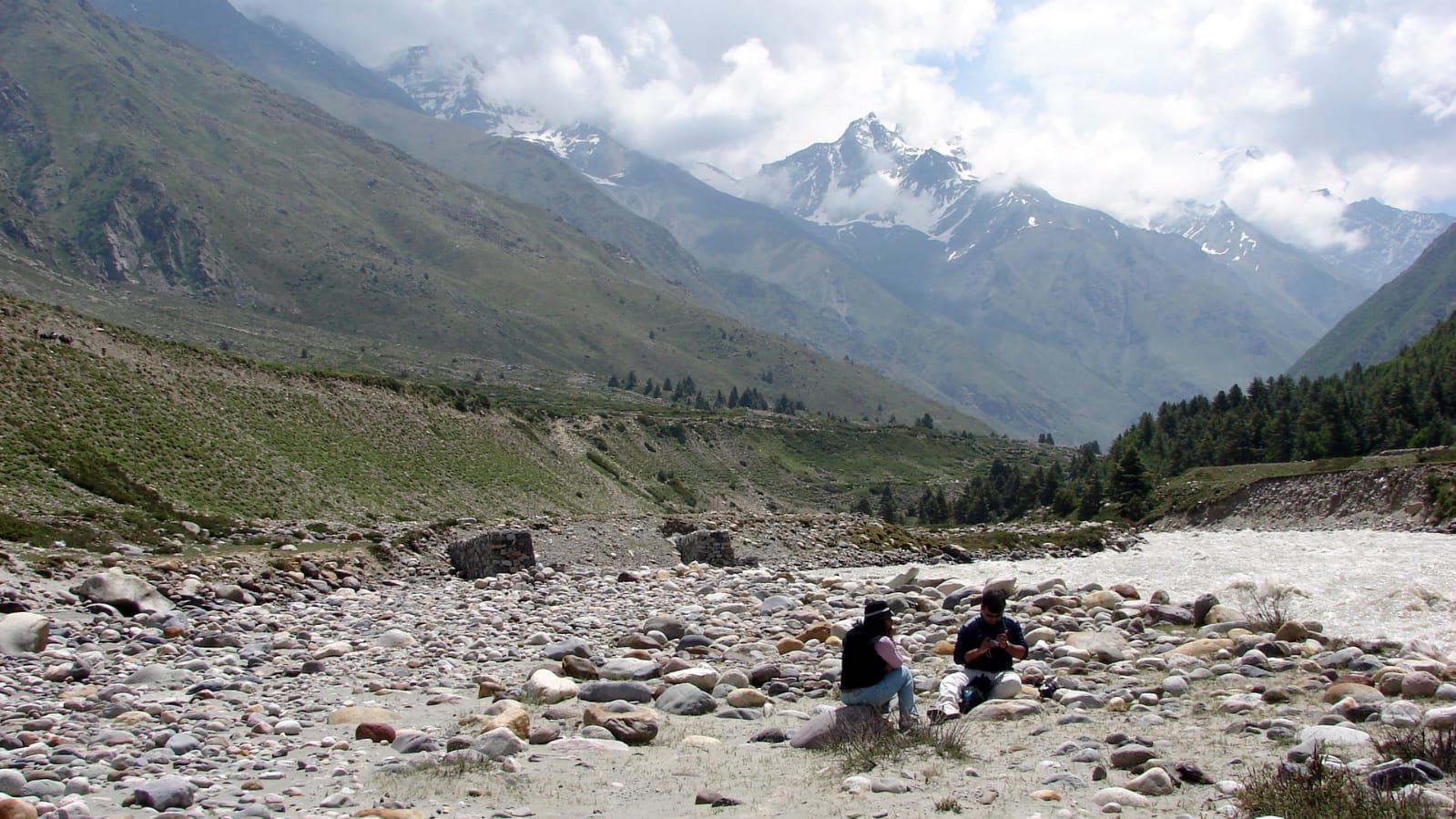
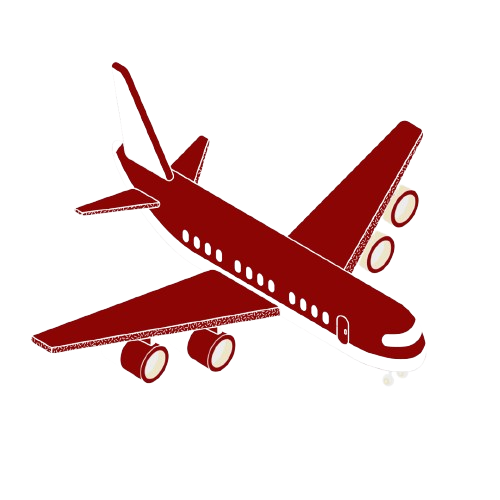



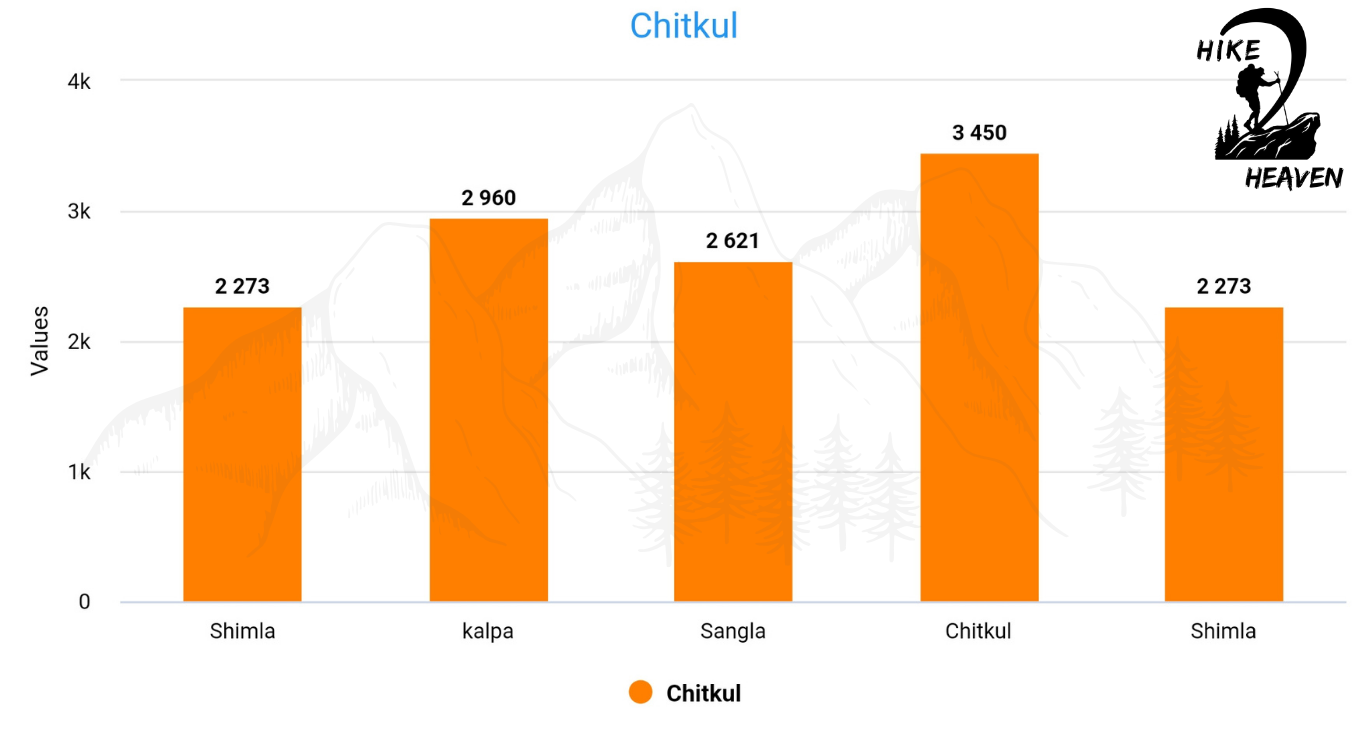


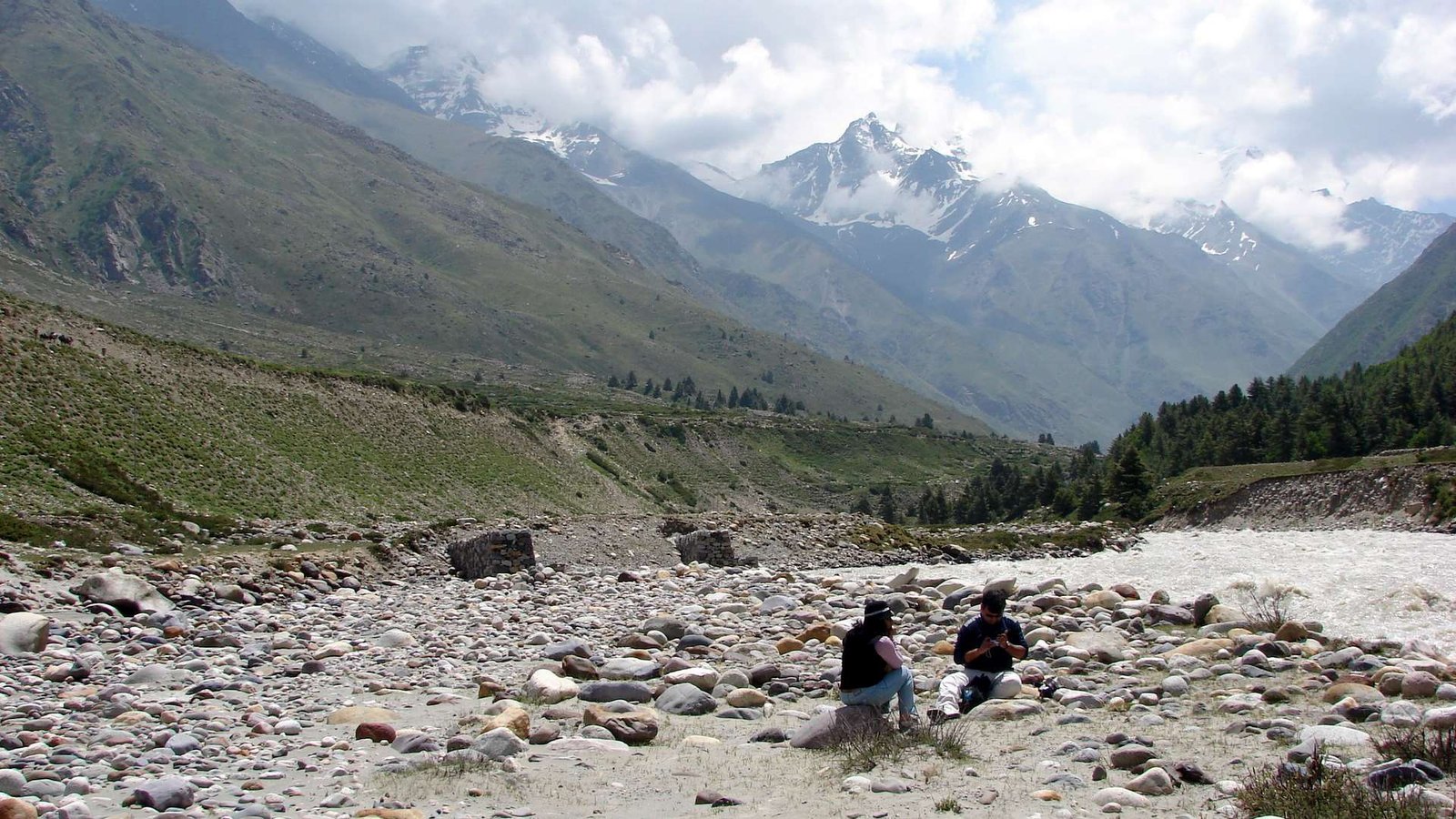

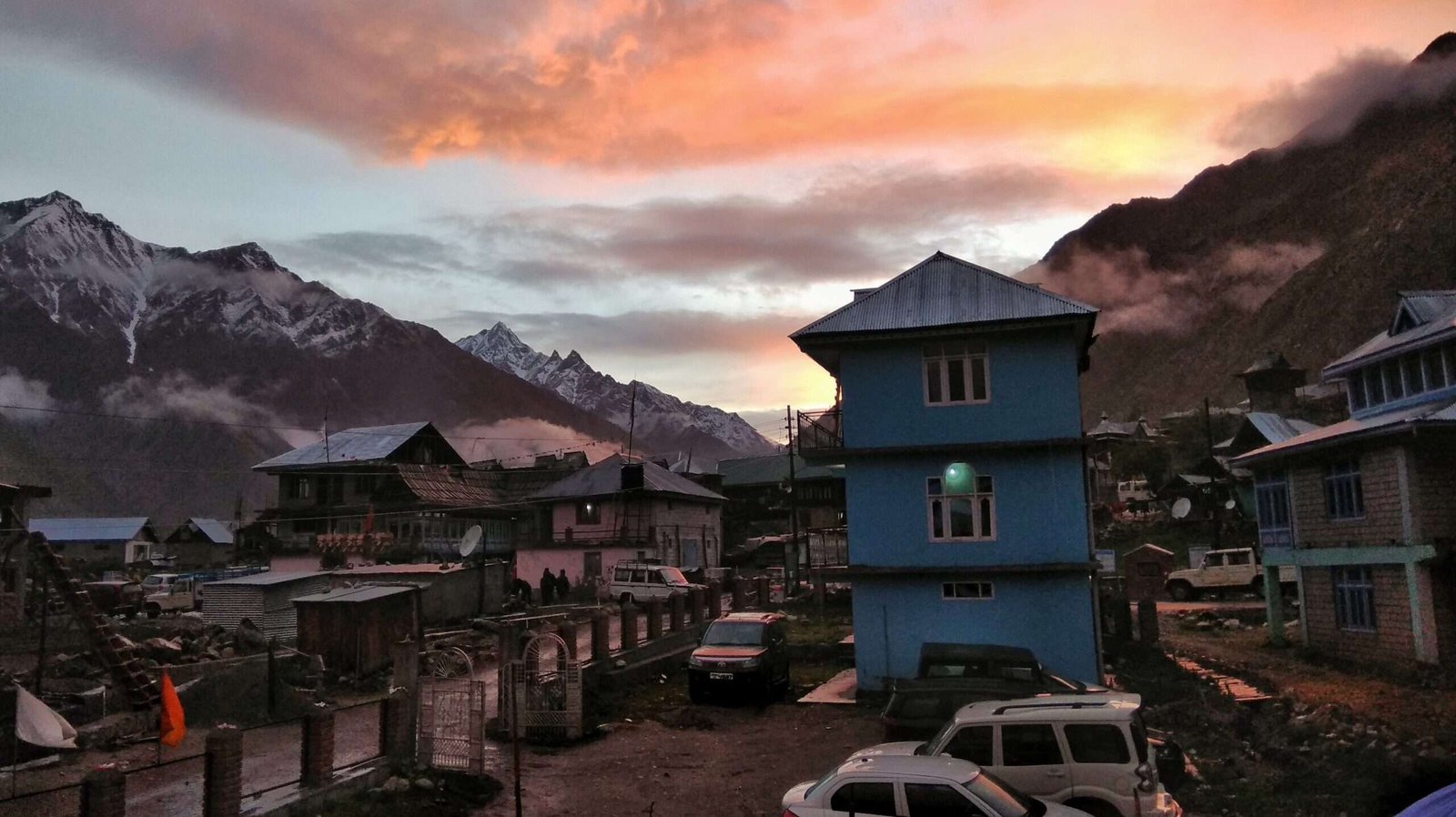

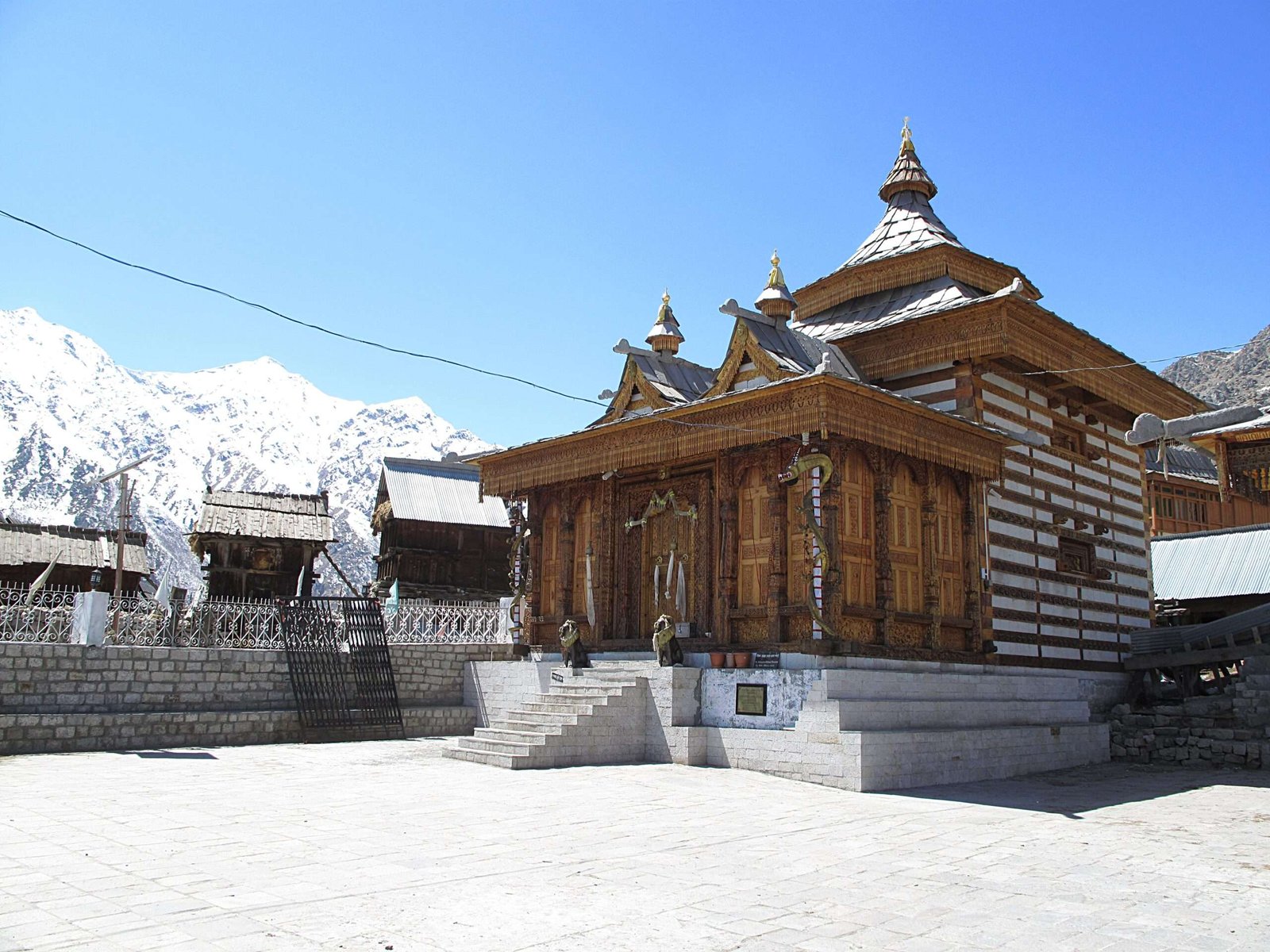
Write Your Review